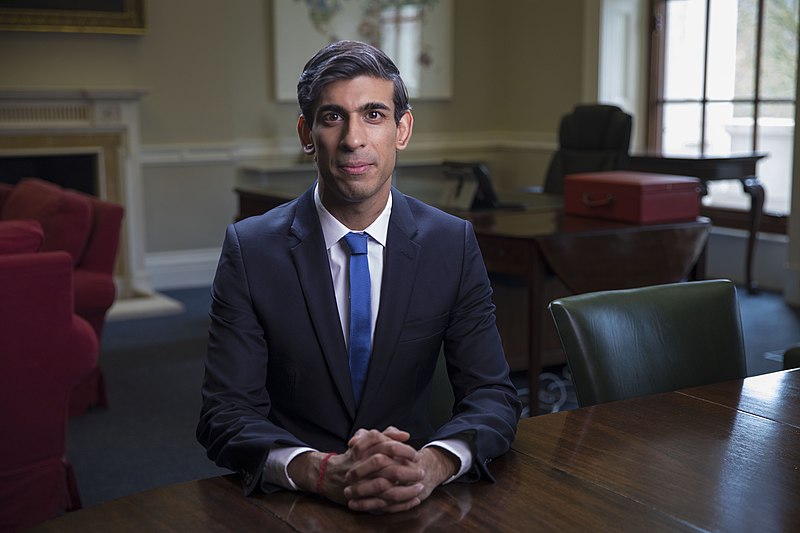
As the Conservative Party Conference kicks off, Chancellor Rishi Sunak has arrived in Manchester for what may be his final conference before the next election. In anticipation of the four-day
event, Sunak unveiled a £1.1 billion investment for towns that the government claims have been "neglected."
However, the Prime Minister faces internal pressures within his party, including debates on tax cuts and the future of the HS2 high-speed rail project. On the eve of the conference, a prominent supporter, the CEO of Iceland supermarkets, announced his resignation from the party, citing the Conservatives as "out of touch."
In his departure statement, Richard Walker, who had aspirations of becoming a Conservative MP, criticized the party for having "lost its way."
Elsewhere, some Conservative MPs are advocating for tax reductions, and Liz Truss, Sunak's predecessor, will use a speech on the conference's periphery to push for a reduction in corporation tax.
Speaking to the BBC's Politics East program, Truss expressed her belief that the Conservatives can still win the next election if they can present a clear vision for the future. She emphasized that people vote based on their perception of who will perform best in the future rather than dwelling on the past. Truss also commended the Prime Minister for his steps toward changing some net-zero targets but urged more action in this regard. She specifically called for measures to make energy more affordable, including the utilization of shale gas.
Former Home Secretary Priti Patel also weighed in, saying that the public has witnessed "disappointing behavior" from the party in government over the past year. She added that people may be wondering, "What on earth is going on with those MPs in Westminster?"
The completion of the HS2 high-speed rail line to Manchester is another major concern at the conference. Sunak has consistently declined to confirm whether the line will extend to the North West from Birmingham. Both former Conservative Prime Ministers, Theresa May and Boris Johnson, have cautioned against this move, with Johnson characterizing it as a "betrayal of the North of England."
Cabinet ministers Kemi Badenoch and Suella Braverman have also called for a debate on whether to withdraw from the European Convention on Human Rights.
To mark the start of the conference, Sunak announced £1.1 billion in funding aimed at revitalizing high streets and addressing anti-social behavior. This funding will be distributed among 55 towns, including Torquay, Rotherham, and Kilmarnock, each receiving £20 million over a decade.
Sunak stressed that while politicians have focused on cities, towns have been "taken for granted." He argued that this approach has resulted in half-empty high streets, deteriorating shopping centers, and increased anti-social behavior, hindering towns' prosperity and opportunities. Sunak emphasized that this funding would empower local communities and contribute to leveling up regional disparities.
The funding includes allocations for seven towns in Scotland and four in Wales. The government intends to collaborate with the Northern Ireland government to determine the best approach once devolution is restored. Allocation decisions were based on the Levelling Up Needs Index, which considers various metrics, including skills, pay, and health. Photo by HM Treasury, Wikimedia commons.


































